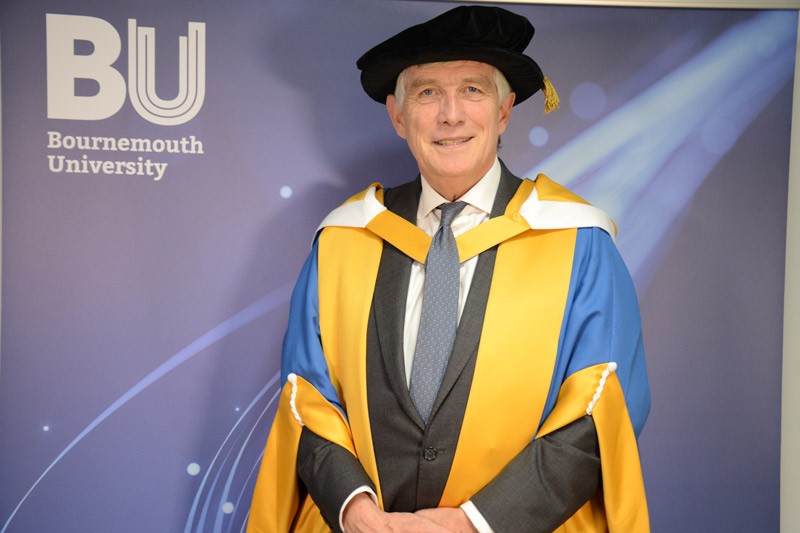Bournemouth University has been recognised for the quality and volume of its research in the Research Excellence Framework (REF) 2021.
94% of BU’s research was found to be internationally-recognised or above, with 95.7% of the research delivering considerable impact or above. 19% of the university’s research was found to be world-leading in quality with 31.5% achieving an outstanding impact score.
The REF is a national exercise to assess universities for the quality of their research, and is used to allocate research funding to higher education institutions.
The last exercise took place in 2014, and BU has maintained a comparably high level of internationally-recognised research, while submitting more than three times the number of staff members assessed as a part of the exercise.
Professor John Vinney, Vice-Chancellor of Bournemouth University, said, “BU’s purpose is to inspire learning, advance knowledge and enrich society, and the results of our REF submission provide clear evidence that we are succeeding in our goals.
“Participation in research is a key part of our BU2025 strategy - our research activity also supports our engagement with industry and practice and informs education at BU. We are proud of our inclusive approach to research activity at BU and the positive impact that our research has on society.”
Professor Tim McIntyre–Bhatty, Deputy Vice-Chancellor of Bournemouth University, said “I am delighted to see the results, which demonstrate we have strengthened greatly the breadth and depth of our research, and are proving ourselves to be an emerging research power in the UK. These results are possible through the collaboration and teamwork across BU and our partners to demonstrate how we make a difference.”
The exercise is split into ‘units of assessment (UoAs)’ with universities submitting research into the relevant subject area UoAs. Each UoA is then scored on the quality of the research outputs, impact and environment, giving an overall score. BU submitted into 13 different units of assessment, up from eight in 2014, with 47 impact case studies (examples of research that have had wider benefits outside of academia) assessed overall. 80% of the university’s academic staff were included in the submission.
Julie Northam, Head of Research Development and Support at Bournemouth University, said, “I am so proud of everyone at BU who has worked towards this success. As a part of this exercise, we submitted more than three times the number of staff than in the previous exercise, and by maintaining quality, we have shown how our research portfolio has grown. Equality and diversity were key drivers in developing our submission, and we took a collaborative approach with a broad range of academic and professional staff working together to make our submission as inclusive as possible.”
BU’s research into archaeology was highlighted as a particular strength, with the university’s research into Stonehenge helping to improve the visitor experience, as well as deepening understanding of the ancient English Heritage landmark, and understanding uses for the site in supporting mental health. The university has also been actively involved in researching the impact of chickens across the globe, from their Southeast Asian origins to a staple part of UK diet, the research has helped to educate and reframe public perceptions on the importance of the species across the world, while the university’s expertise in maritime archaeology was also evidenced.

Another highlighted strength was the university’s work in communication, cultural and media studies,from the BU’s role in transforming advertising across the Transport for London network, to the responsible reporting of suicides in the media. The university has also been engaged in working with journalists, helping to strengthen disaster preparedness and resilience of news media in Nepal, and helping to shape para-sport policy and broadcast coverage around events such as the Paralympic Games.
The university also submitted research into subject areas such as nursing, law, psychology, geography and environmental studies, art and design, and sport and exercise science and tourism. Research highlights include the discovery of footprints in the Americas that change our understanding of human activity in the region and work to save a critically-endangered fish from the brink of extinction in India.
More information about Bournemouth University's REF results, including the full list of submissions, can be found at www.bournemouth.ac.uk/REF-2021.



